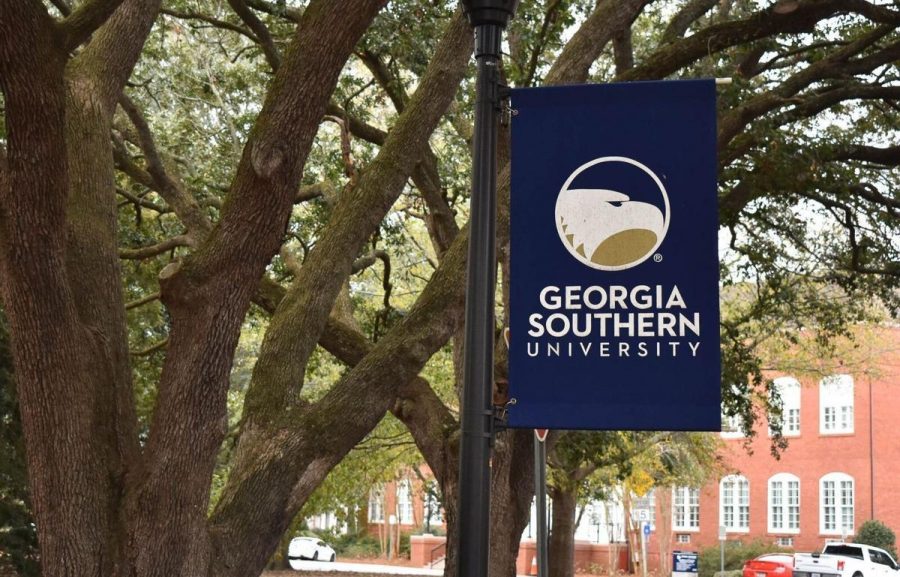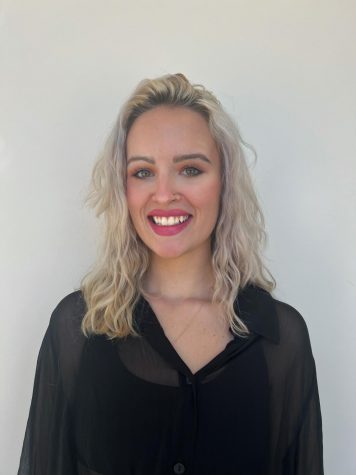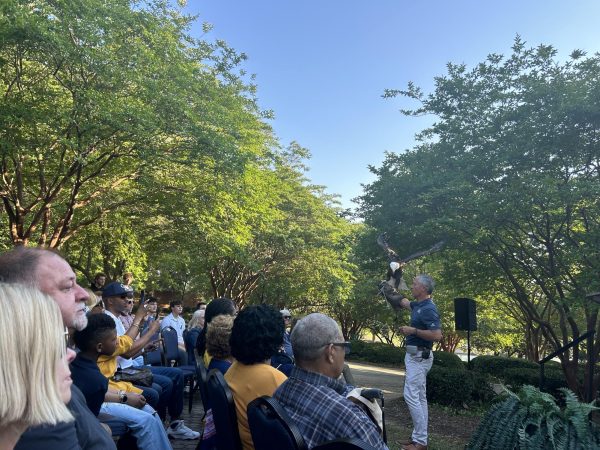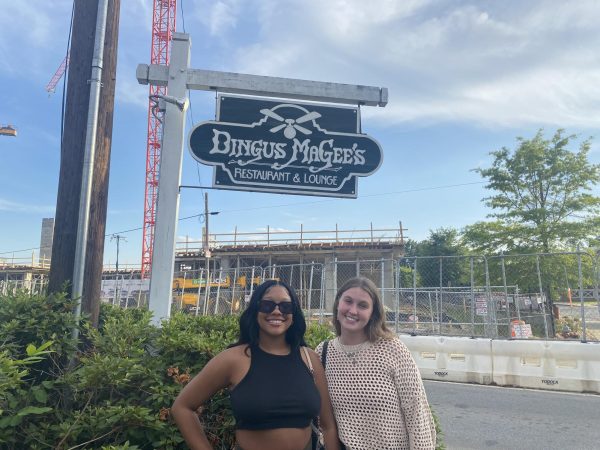Here’s the highlights from the last faculty senate meeting
December 1, 2020
Faculty pushed back on university plans for in-person instruction this spring at November’s faculty senate meeting, many concerned with their personal safety and the quality of instruction students are receiving.
- Patricia Holt began the meeting with the USG FC report indicating plans for the next academic year.
- No major changes will be made to the budget.
- The University will emphasize face-to-face instruction, requiring that 85% of classes be offered face-to-face.
- The post-tenure review process is being examined to “measure accountability and give opportunities to recognize great work.”
- There are reports of both faculty and students not showing up to face-to-face classes.
- Chris Cartwright announced a resolution for countering discrimination and hate speech on campus. This resolution passed with a unanimous vote.
- Karelle Aiken expressed the COVID-19 concerns of faculty as the Faculty Welfare Committee had reported from a survey sent out to Georgia Southern faculty. They found that faculty had four main issues:
-
- Increased workload. The workload feels like double what it used to be and the constant adjustment to new learning formats is draining.
-
- Quality of Instruction. There was an increase in technological issues and academic dishonesty due to the nature of this semester, and there have been no assessment of how students are adjusting to current teaching methods.
-
- Effect on Enrollment. Class attendance is falling, and the first-year students have been thrust into difficult circumstances while also trying to adjust to college life.
-
- Health and Safety. Some classrooms are too small to allow for social distancing, so faculty requested alternative locations for instruction like outdoors or in larger classrooms as well as more accurate ways of tracking infection
“There is the concern that asking faculty to teach face-to-face is asking them to put their health and safety at risk,” said Aiken.
In addition, Rob Yarbrough requested some leniency to the 85% policy that requires all colleges to make at least 85% of their classes on campus, asking why the university plans to increase in-person classes while their case numbers are on the rise.
“It’s not all about making sure that we build our classes but that we also care for the individuals who are most likely to be jeopardized by that policy,” said Yarbrough.
President Kyle Marrero gave the President’s report:
- Marrero announced plans to support mental health facilities and raise awareness of mental health issues and resources on campus with university funding.
- The Georgia Southern Honors College has been created.
- Case numbers are rising as colder months come, but local hospitals are still doing well.
“The classroom has proven to be one of the safest places you can be as we investigate where the cases come from,” said Marrero.
- Professors will be able to conduct their classes after the fall break however they please, whether they wish to return to face-to-face instruction or toggle online to finish the semester.
“This has not been an ideal semester in any way, shape or form for anyone,” said Marrero. “We’ve asked you to do more, and you’ve stepped up and done that, thank you.”
















